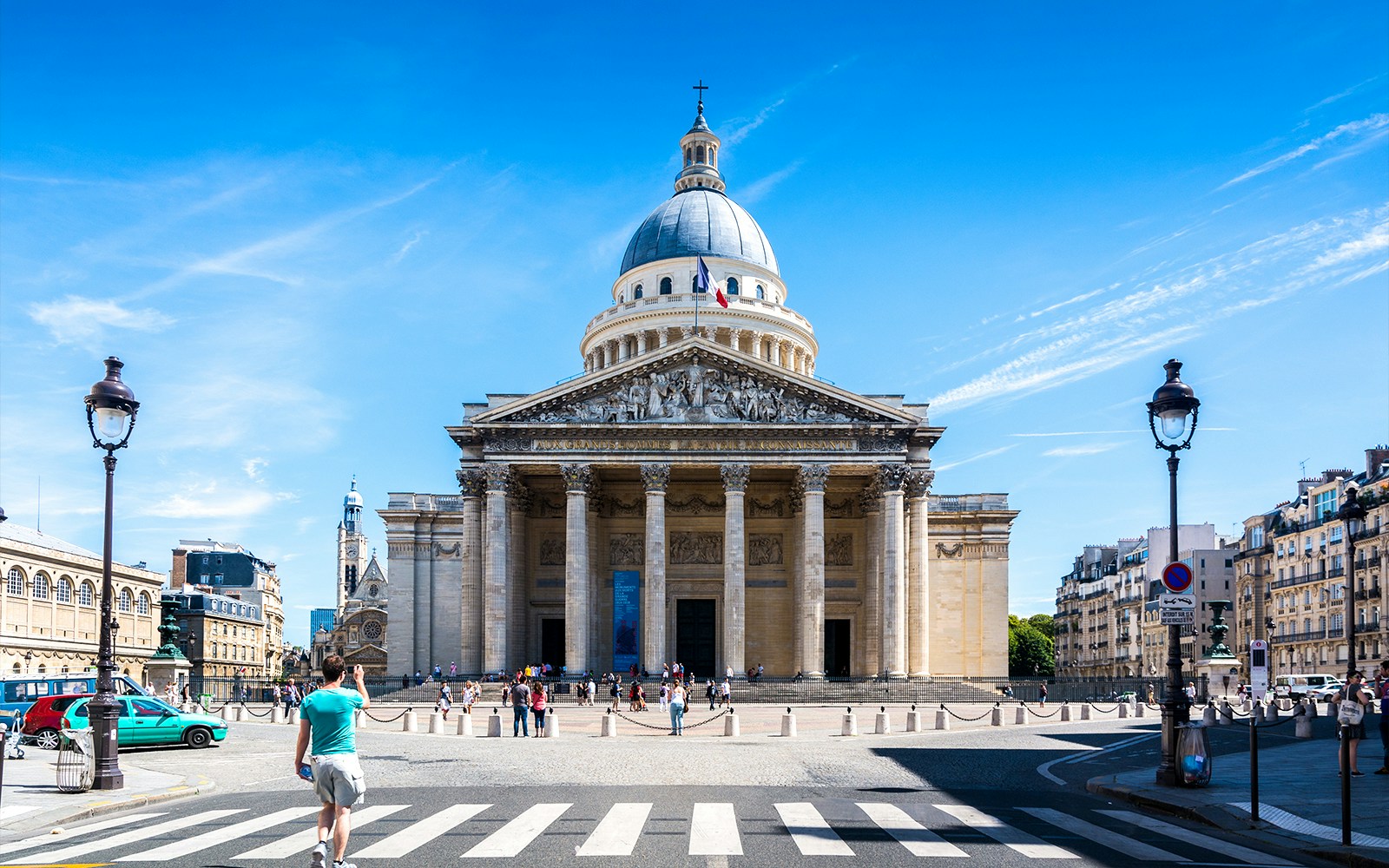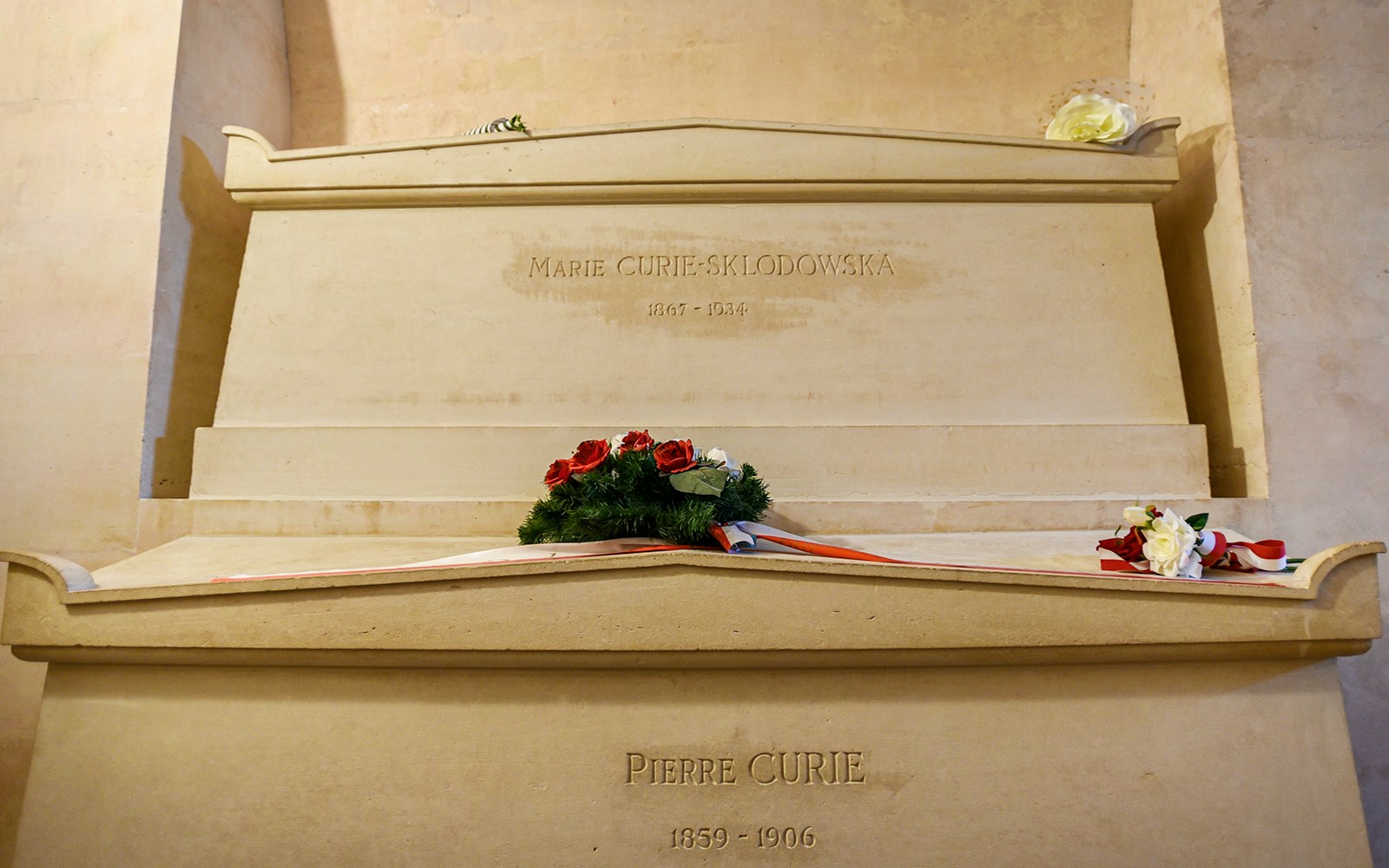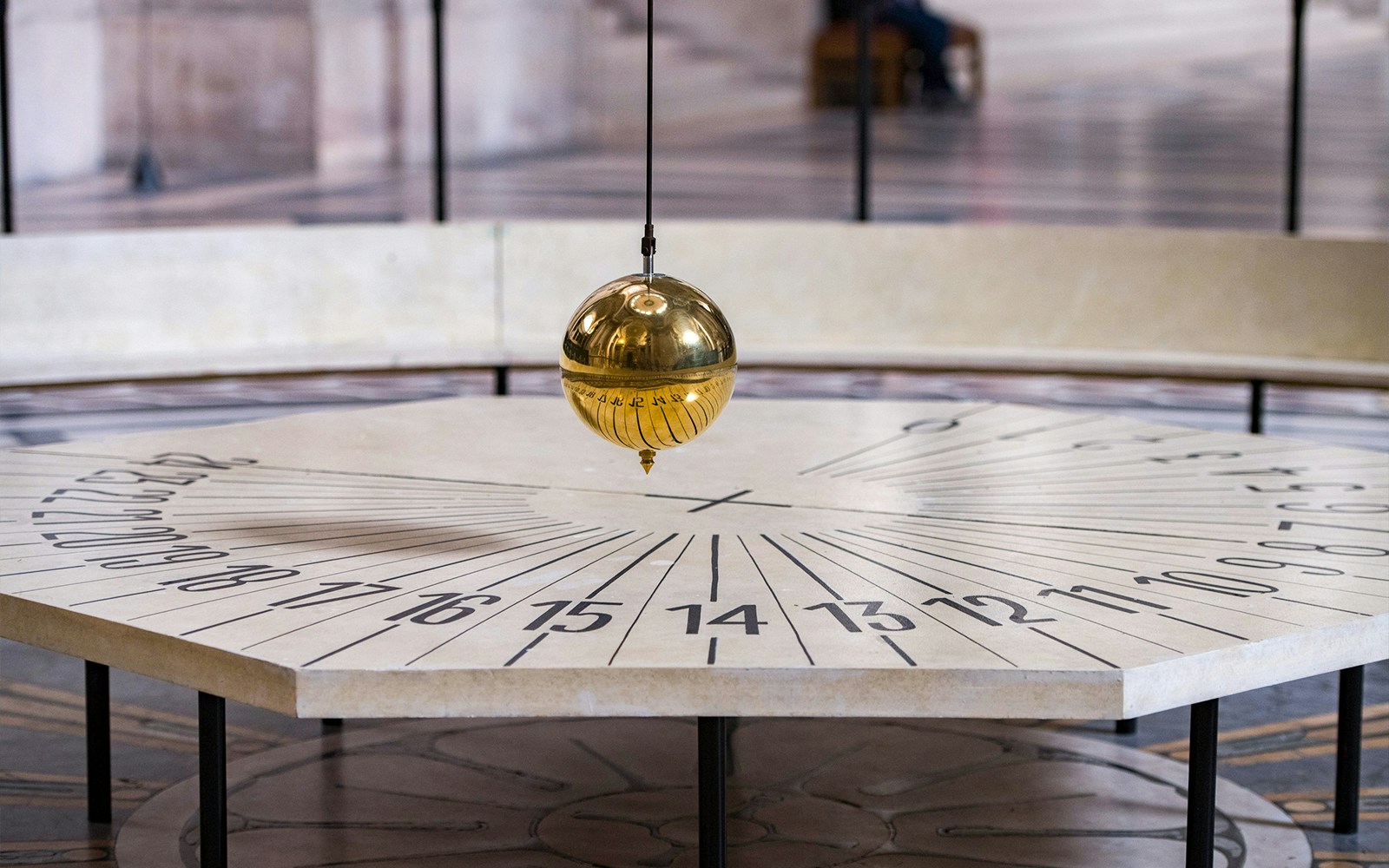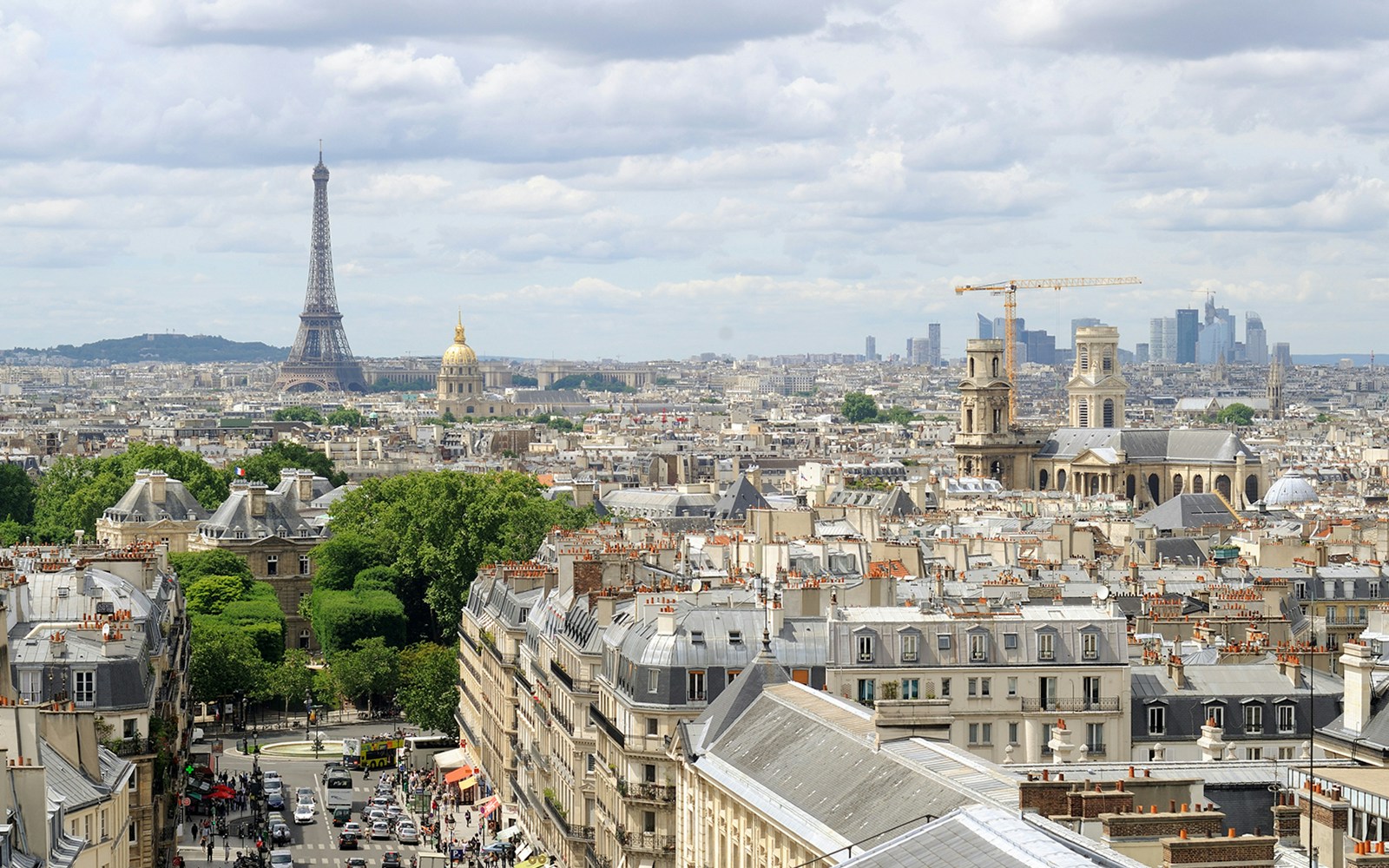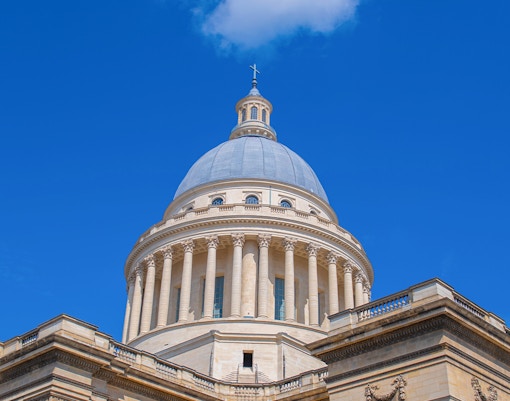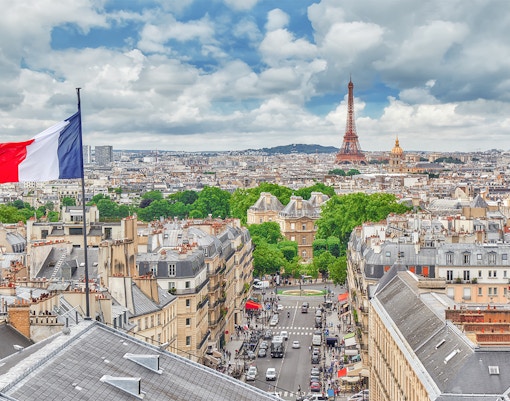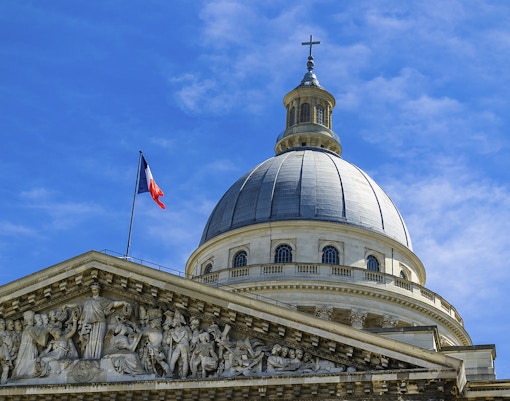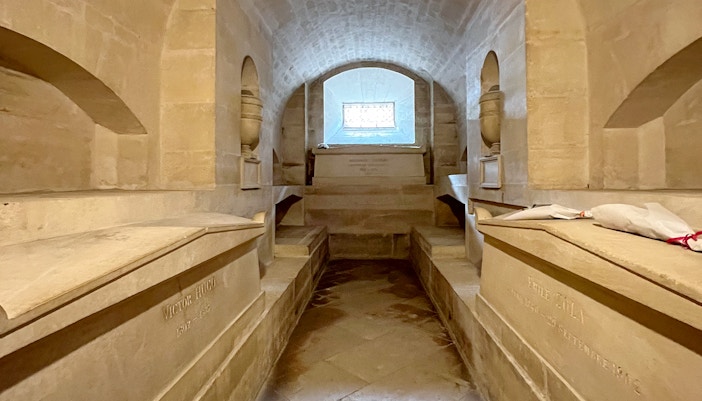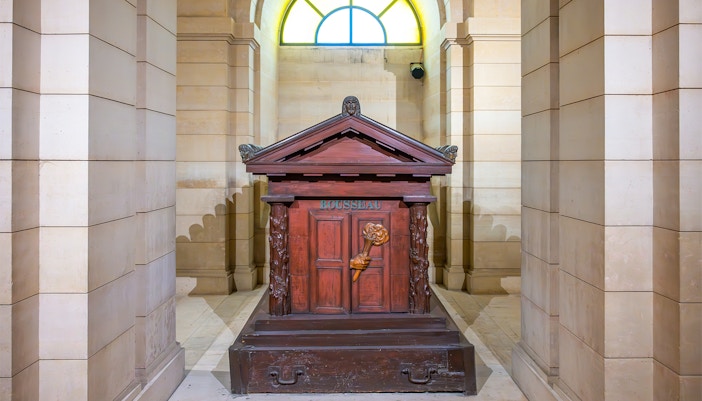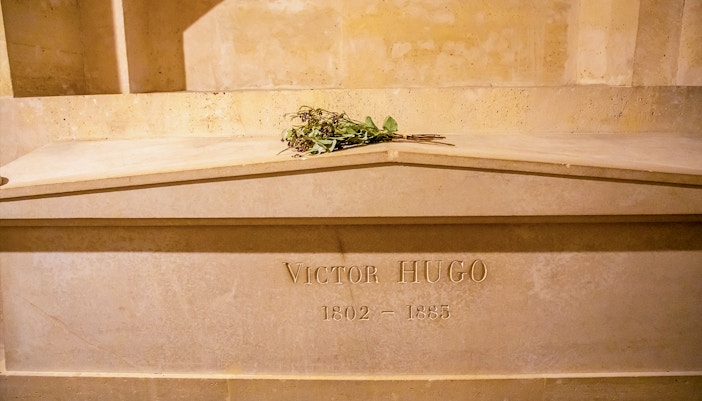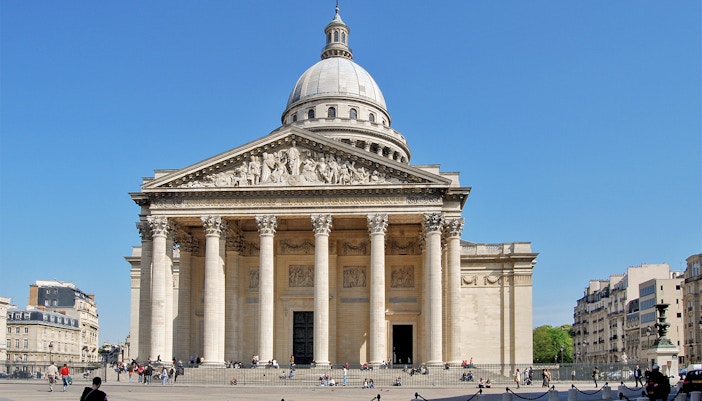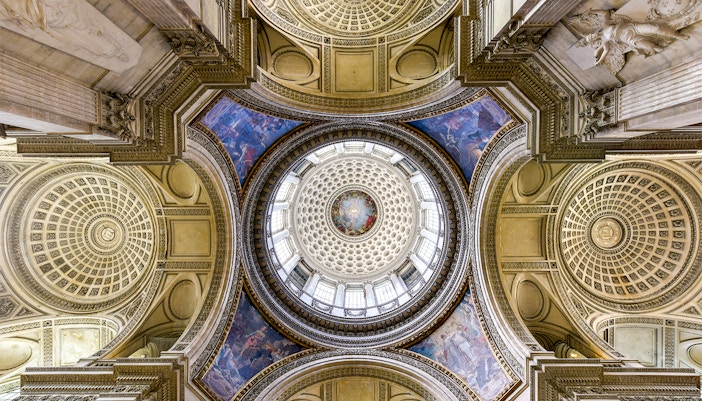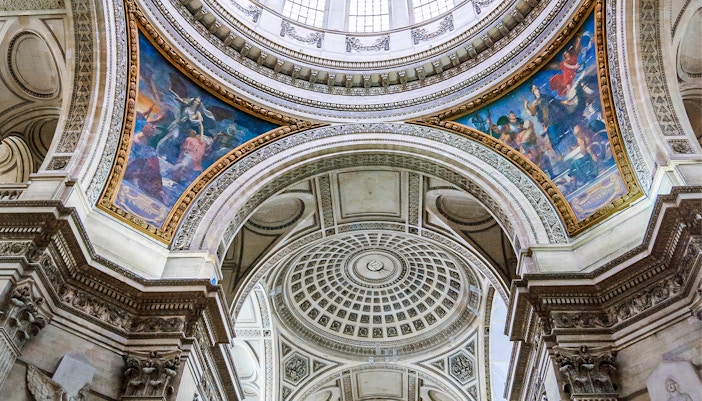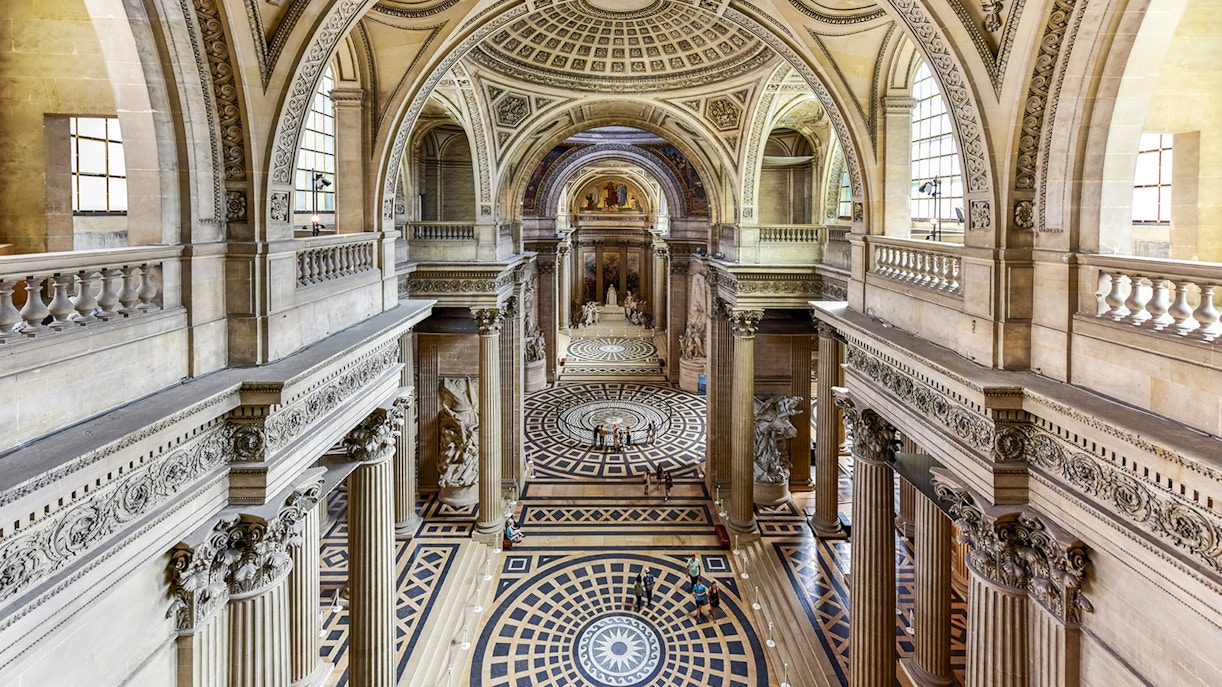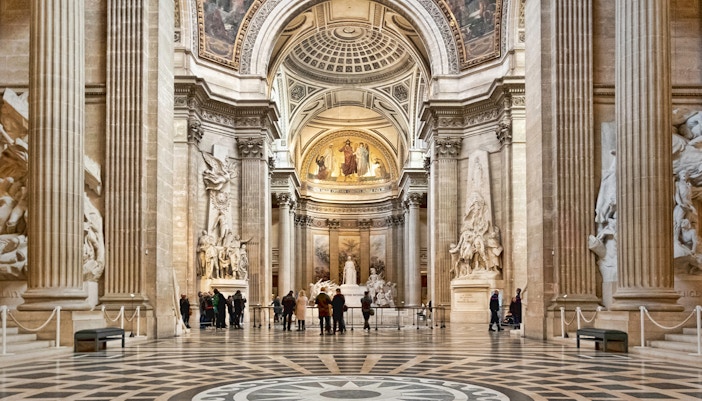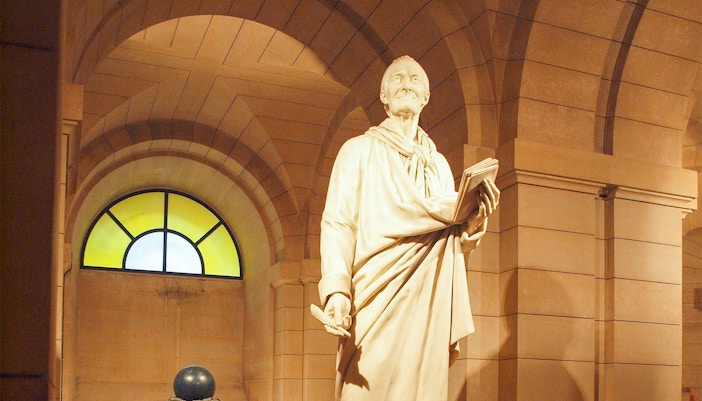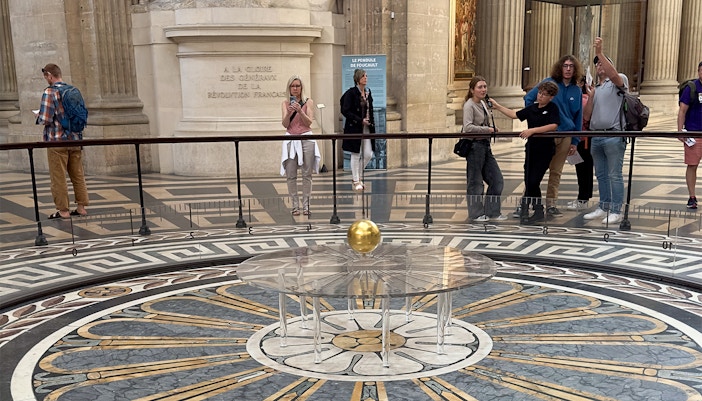The Panthéon in Paris remains important today as a symbol of French identity, history, and cultural heritage. As the national mausoleum, it honors France’s greatest minds—writers, scientists, and political figures—who shaped the nation’s intellectual and artistic legacy, including Voltaire, Rousseau, Victor Hugo, Marie Curie, and Josephine Baker. It stands as a reminder of France’s revolutionary values, reflecting the country’s commitment to liberty, equality, and fraternity.
Architecturally, its neoclassical design and grand dome make it one of Paris’s most iconic landmarks, drawing visitors from around the world. Additionally, it serves as a scientific and educational site, famously housing Foucault’s Pendulum, which proved the Earth’s rotation.
Beyond its historical and cultural significance, the Panthéon continues to be a place of national remembrance, hosting ceremonies that celebrate France’s legacy and the contributions of its most influential figures. As a living monument, it connects the past with the present, ensuring that the country’s history and ideals remain relevant to future generations.
